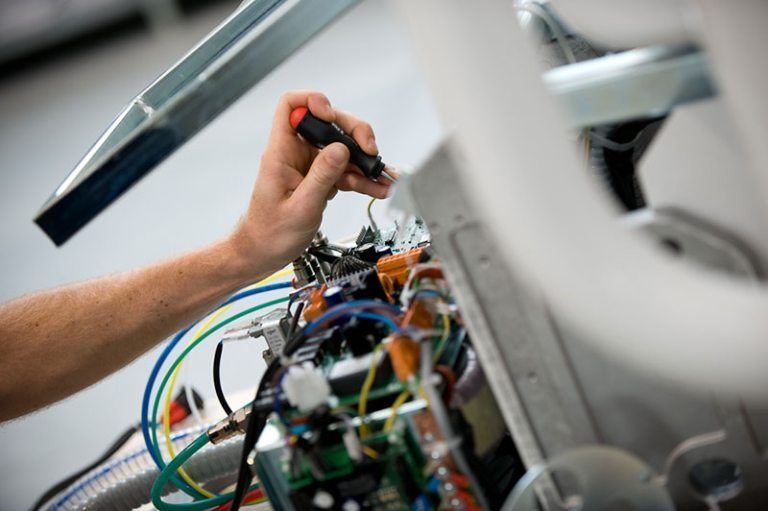Dental equipment is the workhorse of the practice. Without it, dentists, dental nurses, and other dental professionals would be unable to carry out their work tasks.
Dental equipment represents a significant financial investment for most practices and if something goes wrong repairs or replacements can be costly. Many pieces of dental equipment are made up of minuscule parts forming complex and sensitive inner workings that can be damaged through age and constant use. Faulty equipment poses a potential danger for both the patient and the user; for this reason, as you could be inadvertently placing your patients at risk if you are not adhering to the manufacturer’s maintenance protocols, it is far better to prevent than to cure.
Suction equipment
To maximize the effectiveness and longevity of suction equipment follow the manufacturer’s care and maintenance instructions, effective cleaning products should be used for daily and weekly cleaning and most manufacturers will recommend that machines are annually serviced by a qualified technician.
Handpieces
Handpieces are technical and intricate pieces of equipment that need to be serviced and repaired by qualified technicians. Under no circumstances should a dentist ever service their handpieces themselves other than cleaning, lubrication, and sterilization. Contracts should be set up with the manufacturer’s approved/accredited engineers to ensure handpieces are serviced regularly and costly repair charges are avoided.
Electrical Equipment
Electrical equipment varies throughout each practice, but what can be said is its variety and complexity is growing constantly. The centerpiece of any practice is its dental unit, arguably the most critical piece of electronic equipment within dentistry. To avoid catastrophe it must be carefully serviced by specialist technicians, along with other pieces of electrical equipment, such as the radiography machine, and film processor which should also regularly have its chemicals changed.
Hand instruments
Most hand instruments require no other maintenance other than regular and effective cleaning. However, a regularly occurring issue faced by dentists is blunt instruments, which will require maintenance in addition to cleaning. For dental professionals to carry out procedures efficiently they will require a sharp instrument for precision, to decrease fatigue and generally speed up the process of the procedure.




